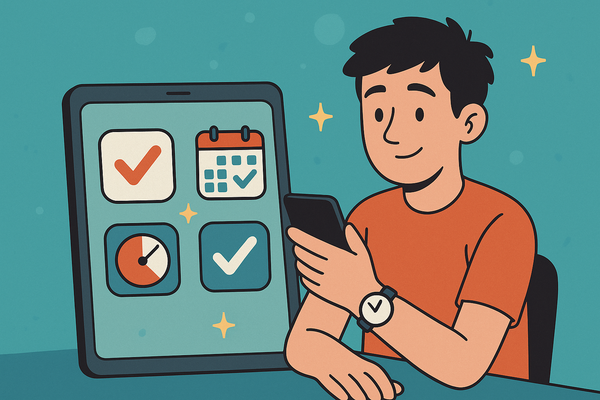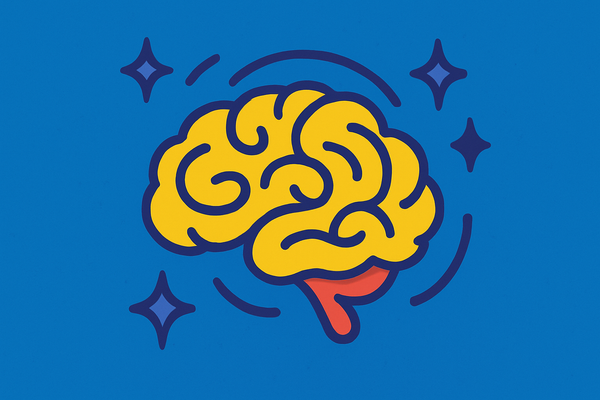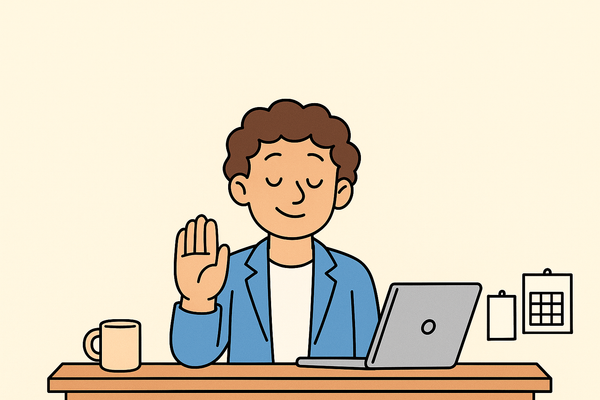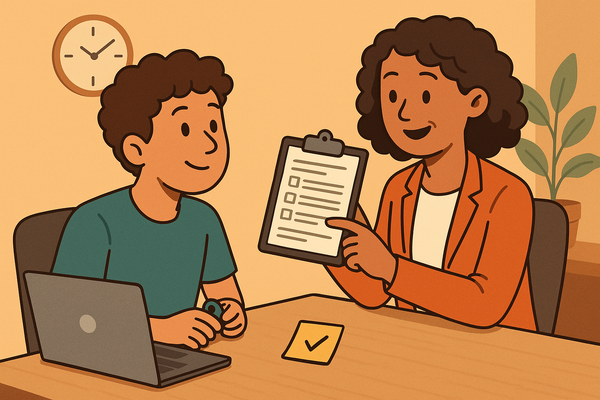ADHD, Anxiety, and Depression: Why Adults Are Finally Connecting the Dots
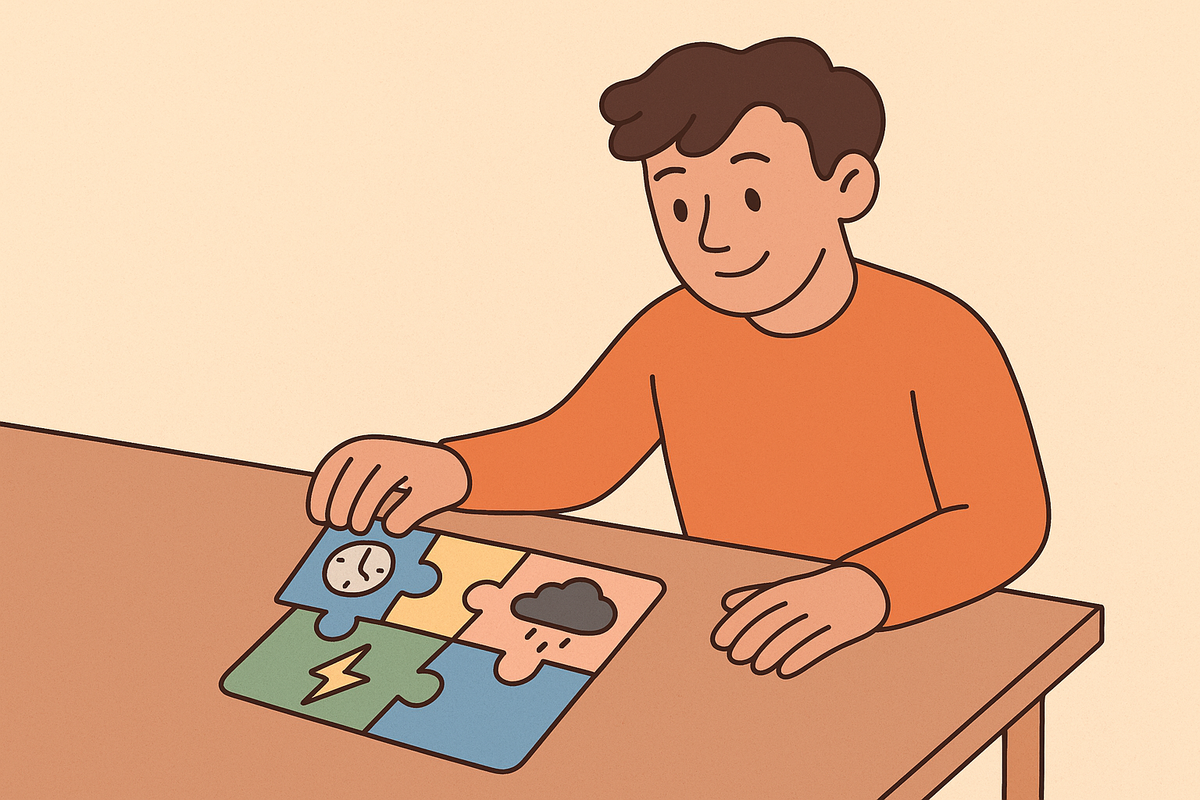
If you’ve ever searched “ADHD anxiety comorbidity” or “ADHD depression symptoms,” you’re not alone. These keyword phrases are showing up more and more in search data and they point to something important: adults are becoming increasingly aware that ADHD rarely travels solo.
For many of us, a late ADHD diagnosis doesn’t come out of nowhere. It follows years of struggling with things that don’t quite make sense—persistent anxiety, chronic low mood, burnout, or emotional dysregulation. Once the ADHD puzzle piece falls into place, it often reframes everything else.
The Hidden Link Between ADHD and Other Mental Health Conditions
ADHD is a neurodevelopmental condition, but its effects ripple out in complex ways. It can fuel anxiety through chronic overwhelm and missed deadlines. It can trigger depressive symptoms from years of feeling “lazy,” “unmotivated,” or like you’re always falling short.
Many adults report feeling relieved after learning they have ADHD, but also deeply reflective. They start to ask:
- Have I been treating the symptoms but missing the root?
- Is my anxiety actually coming from untreated ADHD?
- Have I misunderstood my own brain for decades?
These aren’t just rhetorical questions, they’re search terms, journal entries, and therapy session openers.
What “Comorbidity” Really Means (And Why It Matters)
Comorbidity is when two or more conditions exist in the same person. With ADHD, that’s not rare—it’s the rule.
Studies show that:
- About 50% of adults with ADHD also experience anxiety
- 30-50% report depressive symptoms at some point in their lives
- Other conditions like OCD, bipolar disorder, and substance use issues can also show up
Understanding comorbidity helps shift the conversation from “I have so many issues” to “These things are connected.” And that changes everything.
Why Awareness Is Growing Now
So why the spike in search volume around ADHD and comorbid conditions?
A few likely reasons:
- More adults are getting diagnosed later in life, and re-evaluating their mental health history through a new lens
- TikTok, YouTube, and personal blogs are spreading awareness and vocabulary faster than ever
- The mental health field is catching up, offering more nuanced assessments and treatment plans
People are finally realizing that treating ADHD in isolation may not be enough. And that untreated ADHD may have been the missing piece in long-term struggles with anxiety or depression.
What to Do If You Recognize Yourself in This
If you’re reading this and thinking, “That’s me,” here are a few steps you can take:
- Bring it up with a professional
Whether it’s a doctor, psychologist, or therapist, don’t be afraid to mention ADHD especially if you’ve already been treated for anxiety or depression. - Keep learning
You don’t need to have it all figured out overnight. Keep reading, listening, and asking questions. Understanding your brain takes time. - Find the right treatment mix
ADHD meds might help your anxiety. Therapy might help you process a late diagnosis. Lifestyle changes like exercise or structure can support all of it. - Talk to other adults with ADHD
You’ll hear versions of your story—and realize you’re not broken. You’ve just been misunderstood, even by yourself.
Whether it’s a doctor, psychologist, or therapist, don’t be afraid to bring up ADHD—especially if you’ve already been treated for anxiety or depression. You can learn more about how to start that conversation here.
Final Thought
When we search things like “ADHD and anxiety” or “depression with ADHD,” we’re not just seeking information, we’re seeking understanding. The rise in these searches is a quiet revolution. Adults are connecting the dots and finally seeing the bigger picture of their mental health.
And that’s the first step toward real, compassionate change.

